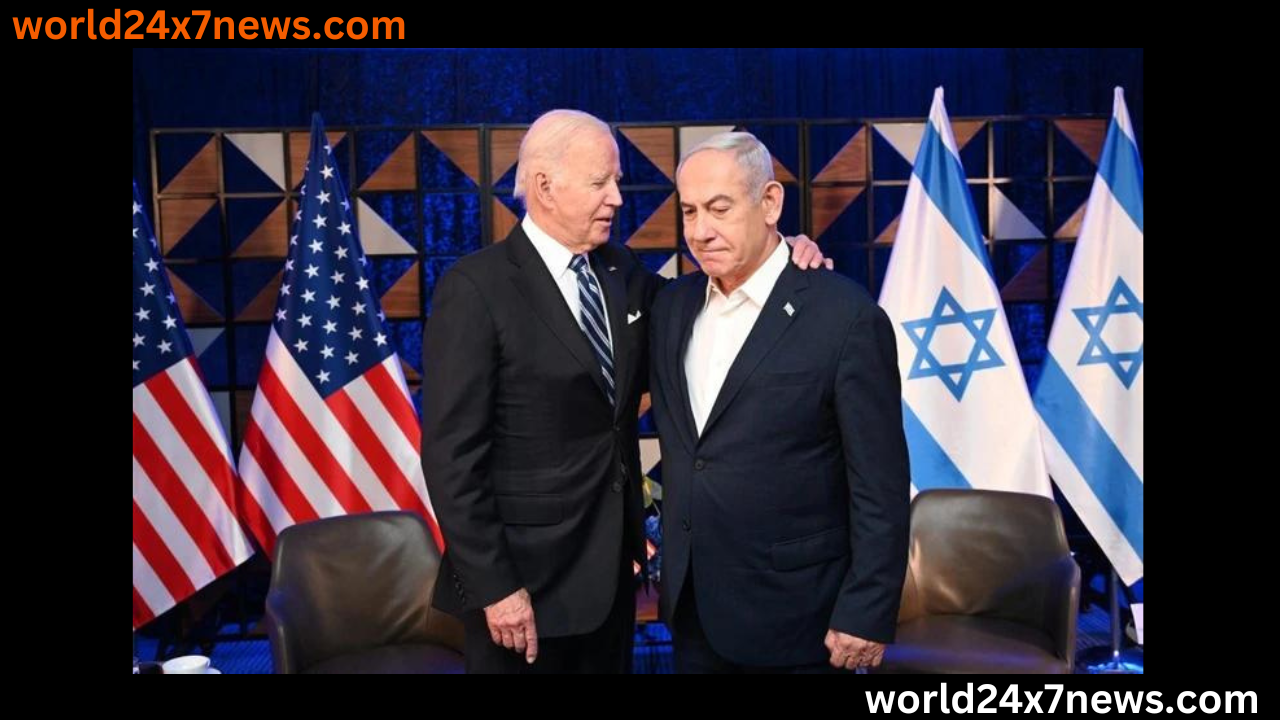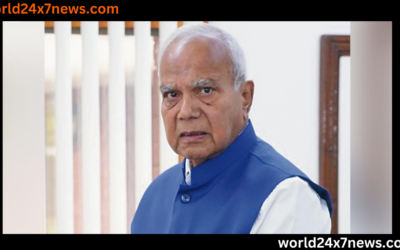Benjamin Netanyahu: A Political Legacy in Israeli History

Benjamin Netanyahu
Benjamin Netanyahu, a prominent figure in Israeli politics, has left an indelible mark on the landscape of the Middle East. With a career spanning decades, Netanyahu’s influence extends beyond Israel’s borders, shaping regional dynamics and garnering international attention.
Introduction to Benjamin Netanyahu
Benjamin Netanyahu, born on October 21, 1949, in Tel Aviv, Israel, has been a central figure in Israeli politics for over three decades. As the leader of the conservative Likud party, Netanyahu has served as Israel’s Prime Minister for multiple terms, making him one of the longest-serving leaders in the country’s history.
Early Life and Education
Netanyahu’s upbringing was deeply rooted in politics His father, Benzion Netanyahu, was a renowned historian and a prominent Zionist activist. Raised in a politically charged environment, Netanyahu developed a keen interest in Israeli affairs from a young age. He attended prestigious educational institutions both in Israel and the United States, studying architecture and business administration before earning a degree in architecture from the Massachusetts Institute of Technology (MIT).
Political Career Beginnings
Netanyahu’s foray into politics began in the 1980s when he served as Israel’s ambassador to the United Nations and later as a member of the Israeli parliament, the Knesset. His articulate speeches and staunch advocacy for Israeli interests on the international stage earned him recognition and laid the foundation for his ascent within the political hierarchy.
Prime Ministerial Terms
Netanyahu’s tenure as Prime Minister has been marked by a mix of achievements and controversies. He first assumed office in 1996 and subsequently served two additional terms, from 2009 to 2021. During his time in power, Netanyahu prioritized national security and economic stability, often adopting a hardline approach towards security threats while implementing market-oriented economic policies.
Political Ideology and Controversies
Netanyahu’s political ideology leans towards conservatism, emphasizing the importance of a strong military and staunch defense of Israeli sovereignty. However, his tenure has not been without its share of controversies. Criticism has been leveled against him for his handling of the Israeli-Palestinian conflict, settlement expansion in the West Bank, and allegations of corruption.
Foreign Policy and Diplomacy
Netanyahu has been a vocal proponent of Israel’s interests on the global stage, advocating for policies that bolster Israel’s security and diplomatic standing. His close ties with the United States, particularly during the administrations of Presidents like Donald Trump, have shaped Israel’s foreign policy agenda and influenced regional dynamics in the Middle East.
Domestic Policies and Economic Reforms
Domestically, Netanyahu has pursued economic reforms aimed at promoting growth and innovation. His policies have focused on deregulation, privatization, and investment in key sectors such as technology and defense, positioning Israel as a global hub for innovation and entrepreneurship.
Legacy and Impact
As Netanyahu’s tenure draws to a close, his legacy remains a subject of debate and scrutiny. While some view him as a visionary leader who steered Israel through turbulent times, others criticize his divisive tactics and failure to achieve lasting peace with the Palestinians. Nevertheless, Netanyahu’s impact on Israeli politics and the broader Middle East region is undeniable, shaping the course of history in significant ways.
Conclusion
From his early days as a diplomat to his decades-long leadership as Prime Minister, Netanyahu has left an enduring imprint on Israeli politics and international affairs. As he transitions to a new phase in his life, the legacy of Benjamin Netanyahu will continue to reverberate through the halls of power in Israel and beyond.
FAQs:
- Was Benjamin Netanyahu the longest-serving Prime Minister of Israel?
- Yes, Netanyahu holds the record for being the longest-serving Prime Minister of Israel, with a total of 15 years in office.
- What were some of the key achievements during Netanyahu’s tenure?
- Netanyahu’s tenure saw significant economic growth, improved security measures, and advancements in Israel’s technological sector.
- What were the main criticisms against Netanyahu?
- Critics often cited Netanyahu’s handling of the Israeli-Palestinian conflict, allegations of corruption, and his contentious relationship with the international community as key points of contention.
- How did Netanyahu influence Israel’s foreign policy?
- Netanyahu prioritized strengthening Israel’s ties with allies like the United States and focused on countering regional threats posed by Iran and militant groups.
- What is Netanyahu’s future role in Israeli politics?
- While Netanyahu’s political future remains uncertain, he continues to be an influential figure within the Likud party and is expected to play a significant role in shaping its direction in the years to come.















